Childline has launched a new campaign this week to remind young people dealing with body image issues or eating disorders that their services are here for them.
Since April last year, Childline’s trained counsellors have delivered nearly 5,000 counselling sessions with children and young people about eating and body image disorders, with just under half delivered to children aged 12-15 - a 13% increase compared to 2019/20.
This month, to support young people struggling with this issue, the service has launched a social media campaign. This will include Childline posting across Facebook, Instagram, TikTok and Snapchat, addressing worries young people may have about this issue and signposting the service as a source of support. Any young person can contact the service via phone on 0800 1111 or online at childline.org.uk.
In this spirit, young person Faye Cullen has shared her story on her experience with eating disorders.
Faye’s Story
When I was eight years old, I was diagnosed with M.E and was left in a wheelchair and housebound, unable to attend school. Then when I was 11, I was told I was going to die from it. I was in so much pain, and my body was shutting down that they weren’t expecting me to make it through Christmas. I think for me, that was when my brain kind of broke. I was imprisoned in a bedroom through illness, and that was the moment for me when it began, and at the age of 13, I started to develop an eating disorder.
My eating habits changed when I started to get better, and I was able to be a bit more mobile and make choices as to when I was eating and what I ate. I had a bit of control, and I realised it was the only control I had over my life.
I remember watching a documentary by Fearne Cotton about anorexia and telling my mum about it. Her response was, ‘Anorexia is attention-seeking. I can’t imagine why they wouldn’t eat’. I sat there and didn’t know what to say, so I continued to keep it to myself. Restricting my food and losing weight, and getting myself in a nasty way.
One day I was on my phone, I accidentally stumbled across some content online that promoted anorexia. It led to a few months of a really unhealthy problem of looking at this kind of content and finding out any new way I could lose weight and self-destruct. This content made anorexia seem like the answer to all my problems, the ways I was feeling and that only good things would come to me as long as I abided by all the rules the communities created, and it negatively impacted my wellbeing.
My mum was the first person to realise I wasn’t well. I was supposed to be having nutritional drinks (as part of my M.E treatment), and I would never drink them – I would just pour them down the sink. I was pouring it down the sink one day, and my mum saw me doing it, and that was the day it came out that I had anorexia. Up until then, people thought I just didn’t want to eat. They didn’t understand the reasoning behind it. Even I didn’t understand why I was doing it.
No one had explained to me anorexia was actually to do with my feelings and not food. Nobody (health professionals) had asked me what was going on with me or how I was feeling. I was just told to gain weight and that I would be better.
From the age of 13 to 16, I attempted suicide, self-harmed and was admitted to a psychiatric unit.
However, on my 16th birthday, I decided I was going to recover. I stopped purging, started eating regularly, stopped self-harm, threw all my razors away and said to myself, ‘no more suicide attempts, the only one who is going to get you out of this is you.’
From that day onwards, I dedicated every single day to my recovery. I have had a difficult time, but I am still here and still fighting, and I am definitely in a much better place.
It’s really exciting at the moment. A lot of positive things are coming to me. I am working in a graduate job, and I’m qualified as a pole dance instructor. I am feeling so much better mentally that I am starting to know what I want to do. I want to go travelling, and I want to do all this positive stuff. I realise that if I can survive all of that, I can do all this fun, positive, happy stuff. I just need to keep fighting and making sure I know how to do all the things that keep me well and alive. As soon as I am well, I want to use my experience in a positive way rather than dwell on it. I want to learn from it. My message to others struggling is it’s not your fault.
Also, it’s important that communities talk. One of the biggest things that I didn’t know was how to communicate. I didn’t know some places would listen to me. Had I known about Childline when I was 14 or 15, it would have been perfect for me, especially because you can contact them online. It’s incredible because a lot of people, including myself, struggle to have a conversation on the phone, so being able to type it can be as productive as talking. I know that it helps people from the number of people who [have] come and talk to me about it [since]. No worry is ever too small, and Childline’s counsellors are always here to listen.
If you are a young person in need of help and support similar to that discussed, you can contact Childline for free on 0800 1111 or via www.childline.org.uk.

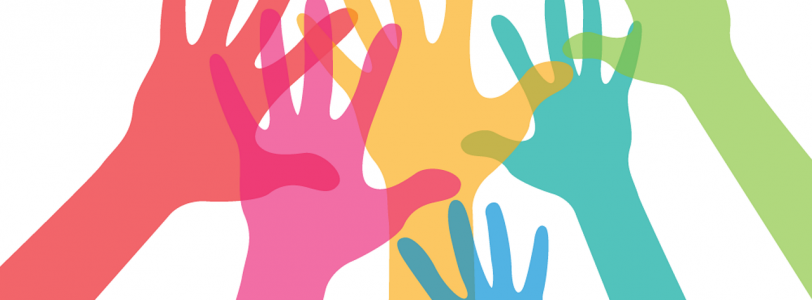
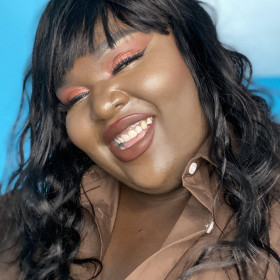
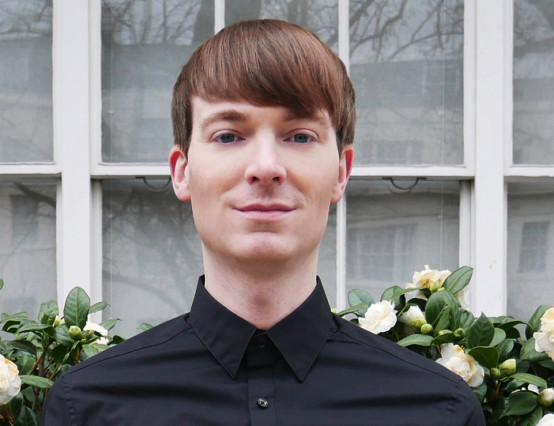
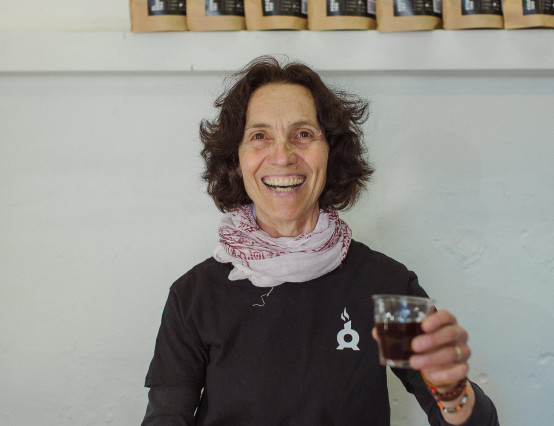
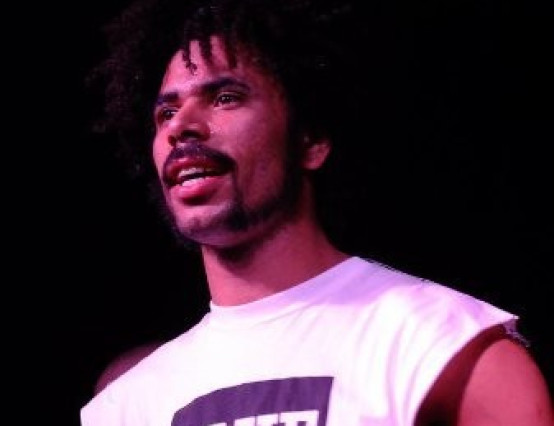



0 Comments